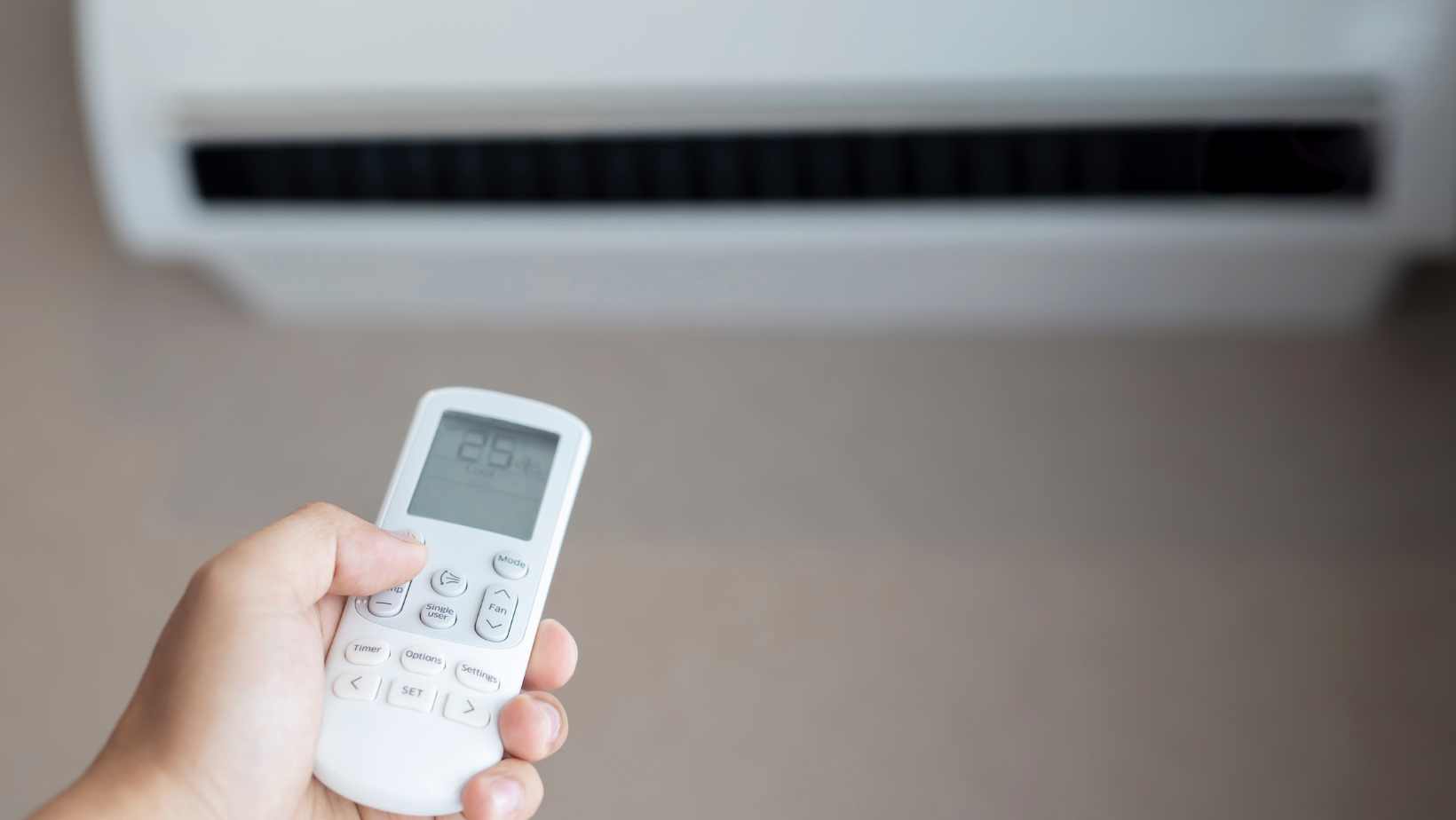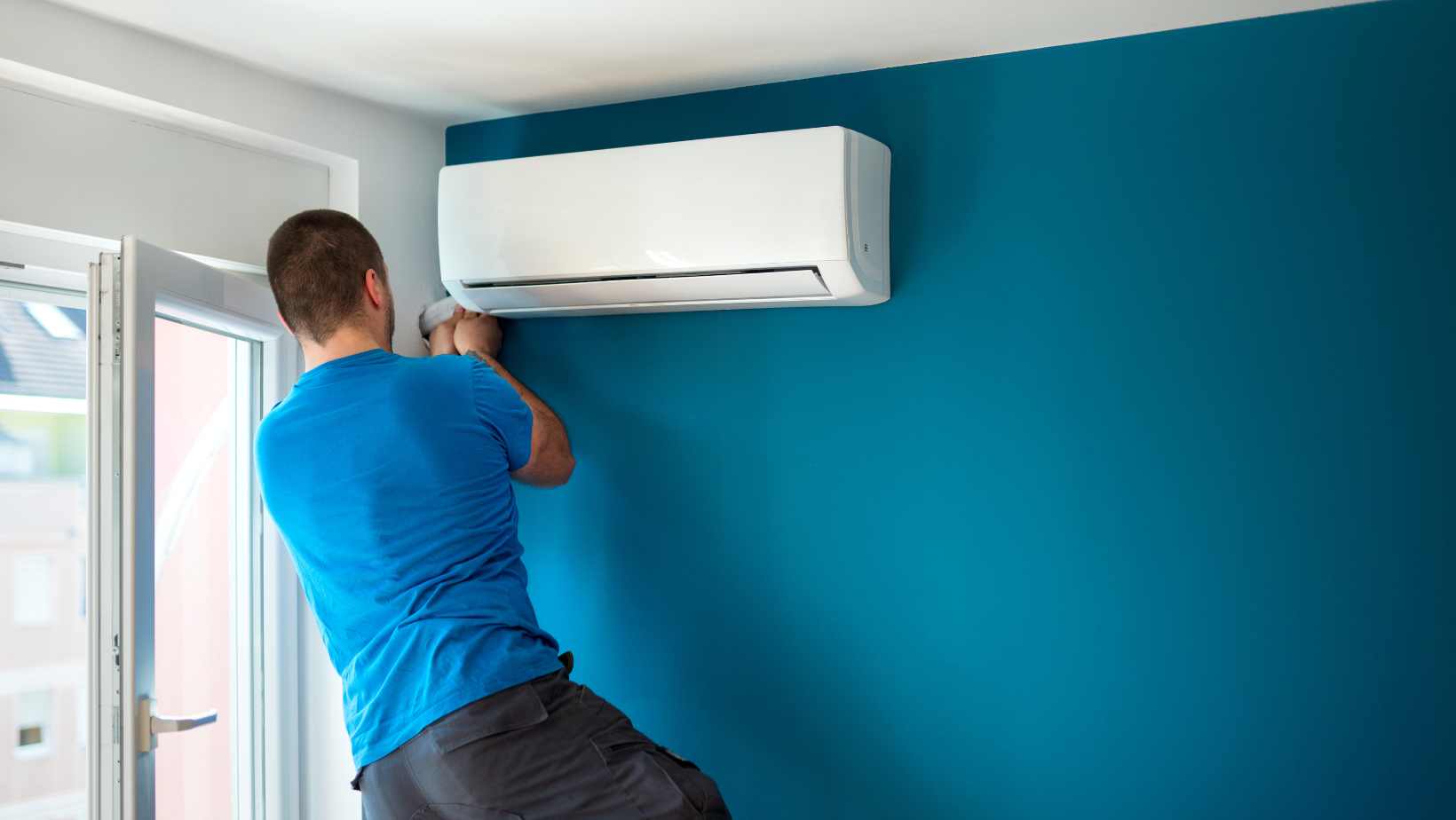Are you tired of your garage feeling like an oven during the summer months? If so, installing an AC unit in your garage could be the perfect solution. Not only will it help keep the temperature comfortable, but it can also protect any valuable items stored there from heat damage. In this article, I’ll delve into the benefits of having an AC for your garage and provide tips on choosing the right unit for your needs.
One of the main advantages of having an AC system in your garage is that it allows you to use the space more effectively throughout the year. A cool and controlled environment is essential whether you’re working on DIY projects, using it as a home gym, or simply storing items sensitive to high temperatures. An AC unit can help regulate the temperature and humidity levels, creating a more pleasant and usable space.
Table of Contents
ToggleChoosing The Right AC Unit For Your Garage
When it comes to finding the perfect air conditioning (AC) unit for your garage, you should consider a few key factors. The right AC unit can make all the difference in creating a comfortable and functional space. Here are some important points to keep in mind:
- Size matters: Before purchasing an AC unit, it’s crucial to determine the appropriate size for your garage. Consider the square footage of the area and any specific insulation or ventilation requirements. Getting an AC unit that is too small will struggle to cool the space effectively, while one that is too large may waste energy.
- BTU rating: BTU (British Thermal Units) is a measurement used to determine an air conditioner’s cooling capacity. Choosing an AC unit with a BTU rating suitable for your garage size is essential. As a general guideline, 20 BTUs per square foot is recommended for garages in moderate climates.
- Temperature control options: Look for an AC unit that offers temperature control options suited to your needs. Some units provide adjustable thermostats or programmable timers, allowing you to set specific temperatures or schedules based on when you typically use your garage.
- Maintenance requirements: Regular maintenance ensures optimal performance and longevity of your AC unit. Check if filters are easily accessible for cleaning or replacement, and consider units with self-evaporating technology to minimize condensation buildup.

Ac For Garage
When choosing the right AC for your garage, there are a few key factors to consider. Proper sizing and cooling capacity ensure optimal performance and energy efficiency. Let’s dive into some important considerations:
- Garage Size: The first step is to determine the size of your garage. This will help you select an AC unit that can effectively cool the space without being over or underpowered. Measure your garage’s length, width, and height to calculate its square footage.
- Insulation: Is your garage well-insulated? Proper insulation helps maintain a comfortable temperature inside the space and prevents cool air from escaping. If your garage lacks insulation, consider adding it before installing an AC unit to maximize its cooling efficiency.
- Heat Load: Think about how you use your garage. Do you have heat-generating equipment or appliances? Are there windows that let in direct sunlight? These factors contribute to the heat load in your garage and impact the cooling requirements. Consider these when selecting an appropriate cooling capacity for your AC unit.
Final Thoughts
Remember, it’s always a good idea to consult an HVAC professional to accurately determine your garage’s ideal AC size and cooling capacity. They can assess your specific needs and recommend the most suitable solution.
Considering these factors, you’ll be well-equipped to choose the right AC unit for your garage. Remember, proper sizing and energy efficiency are key to optimal cooling and comfort while keeping utility costs in check. So, take your time, research, and make an informed decision that suits your needs best!





